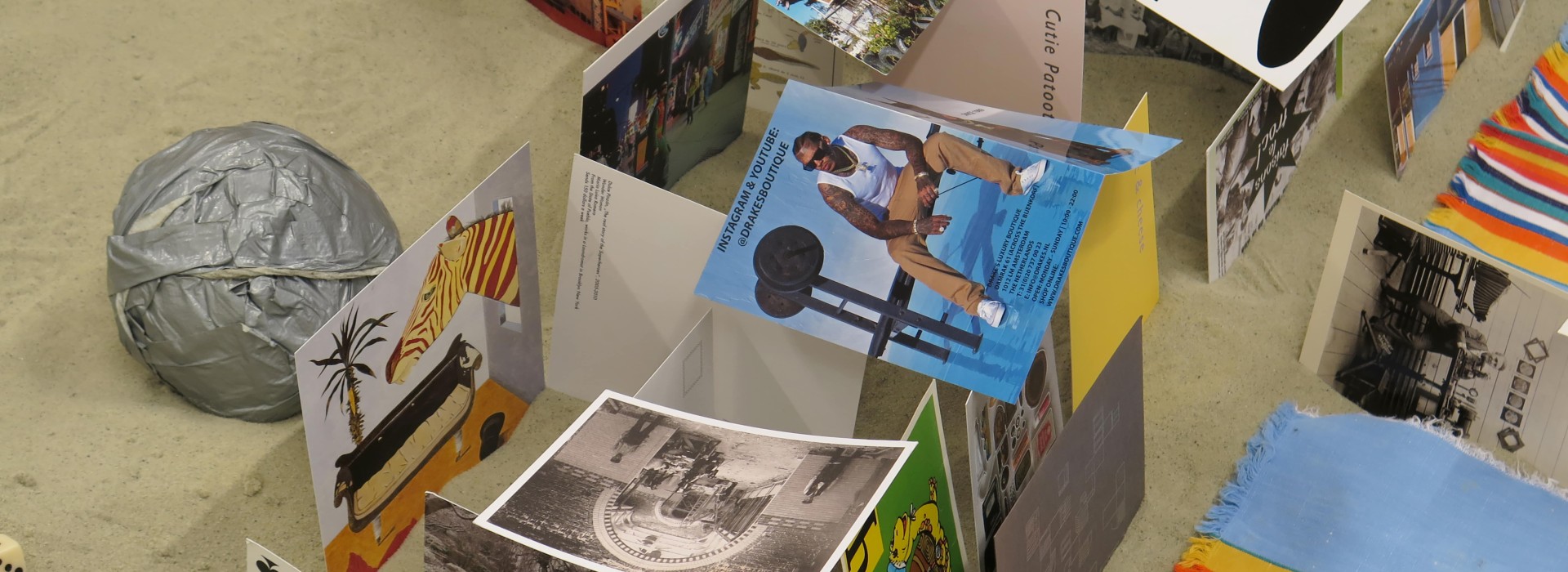About
Martin La Roche (Santiago Chile, 1988) studied Visual Arts at the University of Chile in Santiago and then in 2015 he completed a postgraduate program at the Jan Van Eyck Academie in Maastricht, the Netherlands, and since then lives and works between Amsterdam and Santiago. His practice explores the construction and way of being of a network, considering for this the act of collecting, storytelling, publishing and playing. In 2017 he initiated the Musée Légitime, a nomad art institution that was born inside a hat. He is co-founder of Good Neighbour, an artist book platform that makes an art in the form of ‘words’. He is also part of To see the inability to see, a collective research project around ‘archive’ and ‘anarchive’.
Docus van der Made (NL, 1987) is curator of eduction projects, public programs, and exhibitions. He works as theory teacher at ArtEZ University of the Arts, Arnhem and Hogeschool voor de Kunsten Utrecht, where he was project leader of the theory curriculum revision for the Bachelor of Fine Art in 2022. From 2015 to 2021 he worked at (FKA) Witte de With Center for Contemporary Art and the renamed Kunstinstituut Melly, Rotterdam - first as Education Assistant and then as Curator of Academic and Public Programs. He holds a BA in Arts, Culture and Media at the RUG, Groningen and a Master’s degree in Art History: Modern and Contemporary Art (with honors) from VU University Amsterdam. Previous projects include exhibitions at TENT Rotterdam, Jan van Eyck Academy, and ArtEZ Arnhem, development of the temporary specialization course “The Artist-Educator” on social practices in the arts, and the coordination of two editions of the Prize for Young Dutch Art Criticism.


